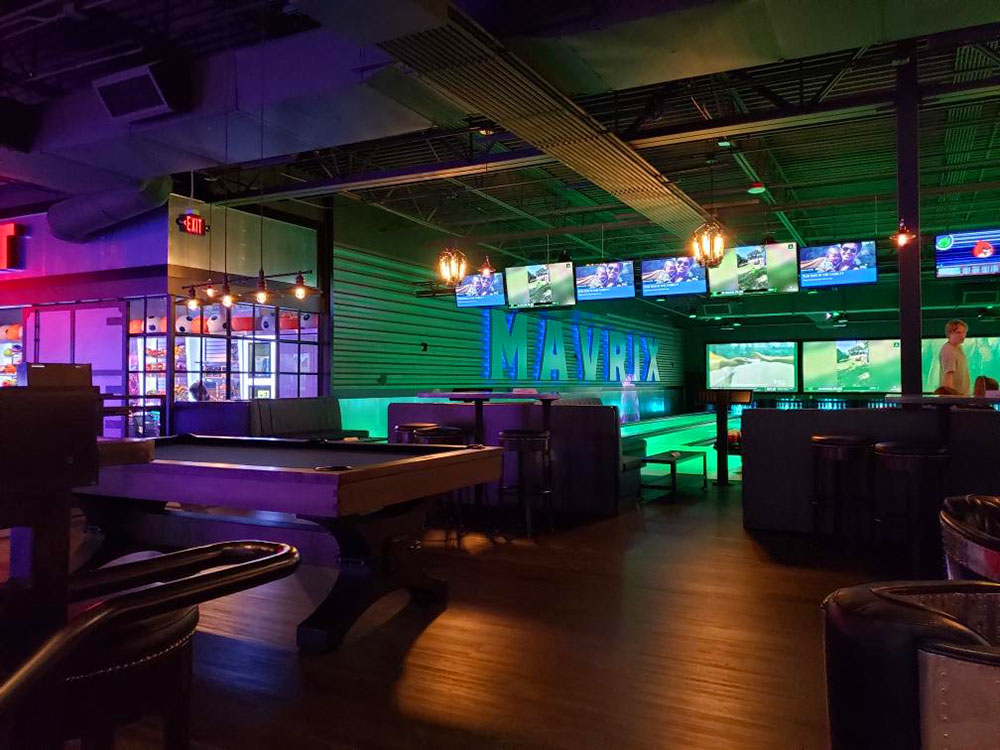
The Commons is rarely a forum for craft. Tax and trade dominate the agenda. One late night in Westminster, the glow of signage took centre stage. Ms Qureshi, brought heritage into the chamber. Her message was clear: real neon is both craft and culture. She warned against plastic imitations, arguing they dilute the name neon. If it is not glass and gas, it is not neon. Chris McDonald added his support, speaking of local artists.
There was broad recognition. Numbers framed the urgency. The UK now counts fewer than thirty artisans. No apprentices follow. Without action, Britain could lose neon entirely. Qureshi proposed legal recognition, like Cornish pasties. Defend the craft. Even the DUP weighed in, bringing a commercial lens. Reports show 7.5% annual growth. His point: heritage and commerce can co-exist. Chris Bryant concluded the session.
He played with glow metaphors, earning heckles. Yet beneath the levity, he recognised the seriousness. He recalled iconic glows: Walthamstow Stadium’s listed sign. He argued neon can outlast LEDs. Why the debate? The issue is clarity. Craft is undermined. That erodes trust. Comparable to food and textile protections. If Scotch must come from Scotland, then neon should mean glass and gas. This was about identity. Do we accept homogenised plastic across every street?
Our position is clear: authentic glow endures. Westminster glowed for a night. The Act is still to come. But the case is stronger than ever. If MPs can recognise craft, so can homeowners. Look past cheap imitations. Support artisans.
In case you have any kind of questions about in which along with the best way to utilize LIT Labs, you can e mail us with our own internet site.
